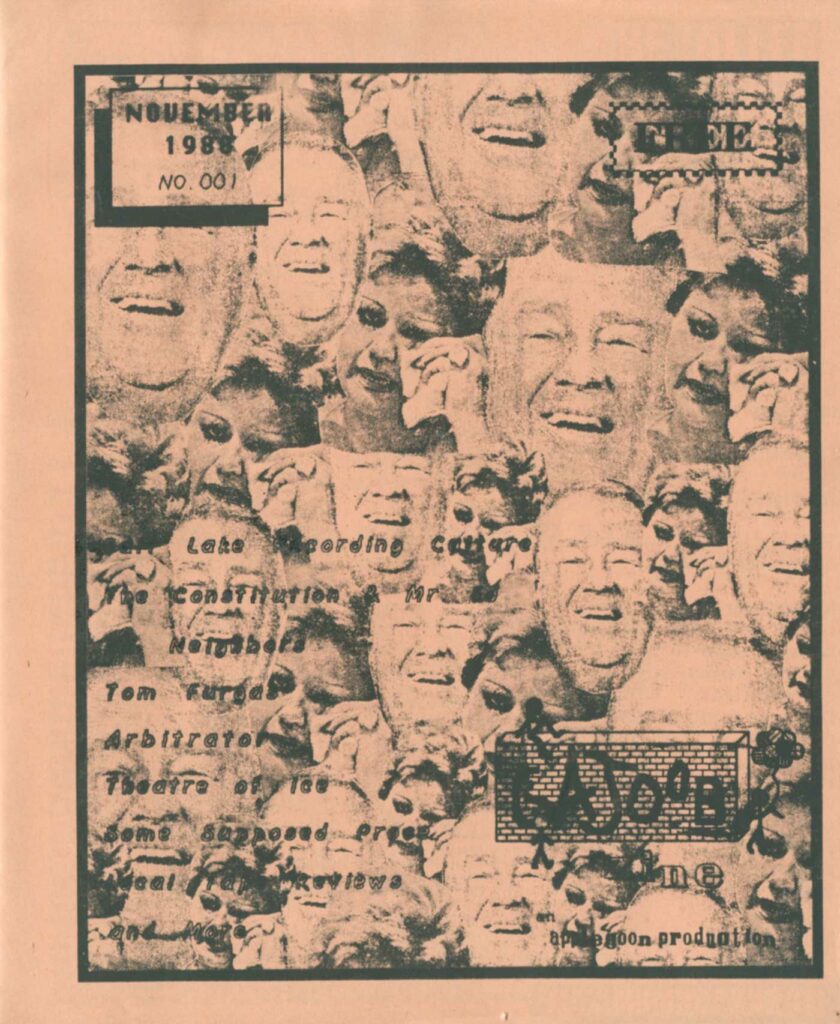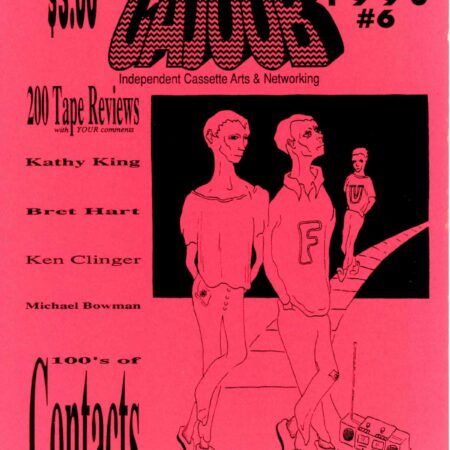Your cart is currently empty!

Club Records
Club Records, an independent, queer-owned label, was initially started as a joke by Hannah Judge and Michael Watson. The two were part of bands named chemical club and fanclubwallet, respectively, and decided to release a collaborative song under the moniker “Club Records,” a nod to the ‘club’ in both their band names. The label soon became more than just a placeholder, morphing into a platform for emerging musicians in Ottawa, and eventually, other cities in Ontario.
The co-founders of Club Records are not just figureheads; they’re deeply involved in the music scene. Watson, a seasoned producer, holds extensive knowledge about the intricacies of record-making and has worked with numerous acts from Ontario. On the other hand, Judge is a talented songwriter and interdisciplinary artist who has lent her skills to everything from album artwork to music video production. Together, they transformed Club Records from a private club into an altruistic operation committed to supporting and celebrating diverse artists.
One initiative that played a crucial role in cementing Club Records as a legitimate entity was the creation of a comprehensive resource hub. Watson and Judge noticed that many budding musicians were often unsure about various aspects of the music industry, leading them to compile a treasure trove of information. This includes guides on music distribution, lists of promoters categorized by city, information on US visa applications, and even a directory of Canadian music lawyers.
Judge and Watson’s motivation stems from witnessing countless talented bands disband due to a lack of resources. The pair aspire to equip bands with the tools they need to thrive, defining success on their own terms.
Despite their achievements, there’s one thing Club Records hasn’t been able to provide yet: a physical space for the Ottawa music community. The city lost its iconic house venue, Pretoria, during the pandemic, leaving a void. The duo dreams of a multifunctional space that could serve as a practice studio, recording studio, office, and even a screen printing spot for band merchandise.
Watson remains optimistic about realizing this ambitious vision, drawing inspiration from Phoebe Bridgers’ advice: “Trust your joke—the wacky dream—and then the joke becomes a real thing, it [becomes] what you’re doing.”
by
Tags:
Comments

- Ads (3)
- Albums (138)
- Artificial Intelligence (1)
- Audio Art (13)
- Books (3)
- Briyan (1)
- Business (5)
- Cassette Culture Shock (3)
- Channels (2)
- Collaboration Projects (4)
- Comics (1)
- Creative (10)
- Discover Sounds (1)
- Editorial (2)
- GAJOOBTube (2)
- Gear (8)
- Instruments (4)
- Interviews (9)
- Labels (14)
- Letters (3)
- Library (14)
- Links (5)
- Merch (2)
- News (2)
- People (17)
- Performance (1)
- Podcast (1)
- Profiles (29)
- Projects (0)
- Tapegerm (6)
- Uncategorized (7)
- Video (3)
- Video & Vlogging (0)
- Vlogs (1)
- Websites (6)
- Zine Making (1)
- Zines (11)

*Purchasing via Amazon affiliate links helps support our efforts at no additional cost to you. Thank you!


Leave a Reply
You must be logged in to post a comment.